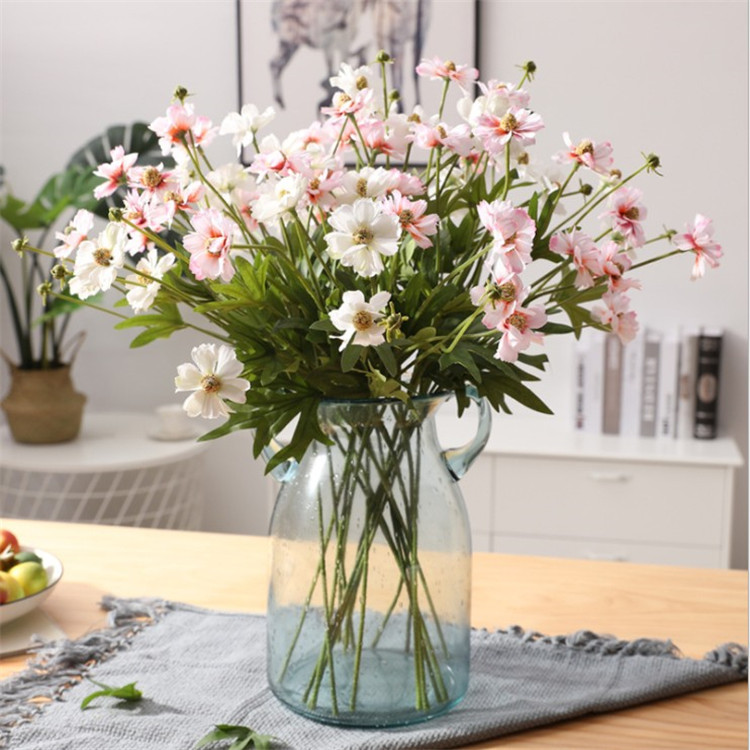Introduction: Throughout history, daisies have been woven into folklore, myths, and cultural traditions, capturing the imaginations of people around the world. In this blog, we’ll explore the fascinating stories and beliefs surrounding daisies in different cultures.
- Daisy’s Folk Names and Origins: Daisies have a plethora of folk names, such as “day’s eye” and “moonflower,” reflecting their connection to the cycles of day and night. We’ll explore the origin of these names and their symbolic meanings.
- Daisies in Mythology and Legends: In Greek mythology, daisies were associated with the story of nymphs turning into flowers. We’ll delve into the myths and legends that feature daisies as symbols of innocence, purity, and transformation.
- Daisy Divination and Love Charms: In medieval times, daisies were used in divination practices to foretell romantic prospects. We’ll discuss the love charm known as “He loves me, he loves me not,” a playful tradition still enjoyed today.
- Daisy Festivals and Celebrations: Daisy-themed festivals and celebrations exist in various cultures, showcasing the enduring popularity of these flowers. We’ll explore how daisies are featured in flower festivals and floral competitions.
- Daisy Symbolism in Art and Literature: Daisies have inspired artists and writers throughout history. We’ll showcase famous artworks and literary references that celebrate the beauty and symbolism of daisies.
- Daisy Superstitions and Folk Remedies: Daisies have been associated with various superstitions and folk remedies. We’ll explore beliefs surrounding daisies, such as their use to predict the weather or their role in herbal folk medicine.
Conclusion: The rich tapestry of folklore and cultural traditions surrounding daisies highlights their enduring charm and significance in human history. From myths and legends to love charms and festivals, daisies continue to hold a special place in the hearts and minds of people, making them an integral part of our cultural heritage.







